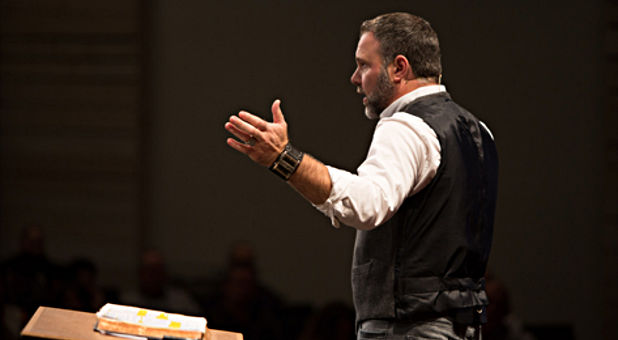Church PR Strategist: Mark Driscoll Plagiarism Controversy Shows an Enemy Within
A public relations strategist who assists churches and ministries with issues and reputation management says that while the mainstream media is becoming more anti-church, the greatest threat comes from within.
Principal of Mercer PR Lyall Mercer says the current spate of negative publicity against Seattle’s Mars Hill Church is being driven by Christians.
“The American church is splintered on both theological and ideological grounds, which leads many within the church to focus more on criticizing other Christians than looking at their own lives,” Mercer notes in a press release.
“The attacks against pastor Mark Driscoll that were started by radio host Janet Mefferd—and are still ongoing—have caused a lot of damage to both Mars Hill and the church at large. This should be a wake-up call to other churches.
“Churches are usually aware of negative mainstream publicity but often ignore the danger of the enemy within,” he adds.
Mercer says entire “ministries” have been created around trashing other ministries, and new media gives them more exposure than ever before.
“The instant digital and social media age provides a forum to those Christians who see themselves as the watchmen of the church, and the result is endless attacks on higher-profile churches and ministries,” Mercer explains.
Mercer is an Australian who spent six years living in the U.S. before returning to Australia to establish Mercer PR. He still deals with clients in the U.S. and advises high-profile churches and ministries as well as corporate clients.
He says churches come unstuck because they fail to obtain outside advice.
“Churches and ministries are insulated, and they try to respond to external publicity with internal solutions crafted by people within their church or another church,” he says.
“But in a time of adverse publicity or crisis, the best person a ministry leader can call is not another pastor, but a professional outside the church, because they need an honest assessment of the way they are being perceived, and they need a bigger-picture response.”

